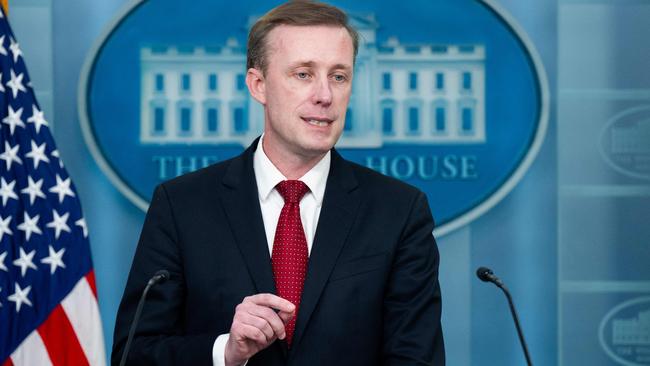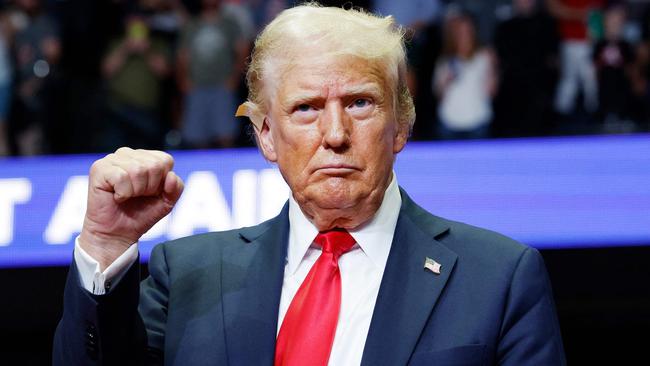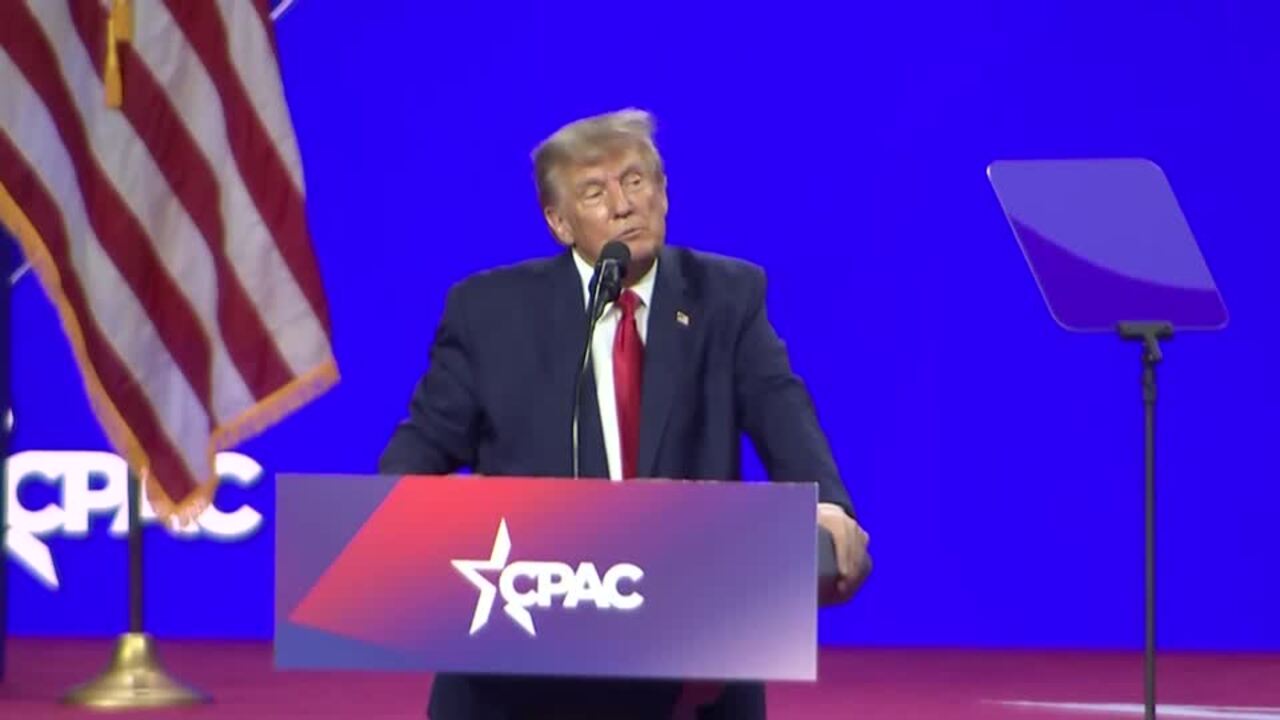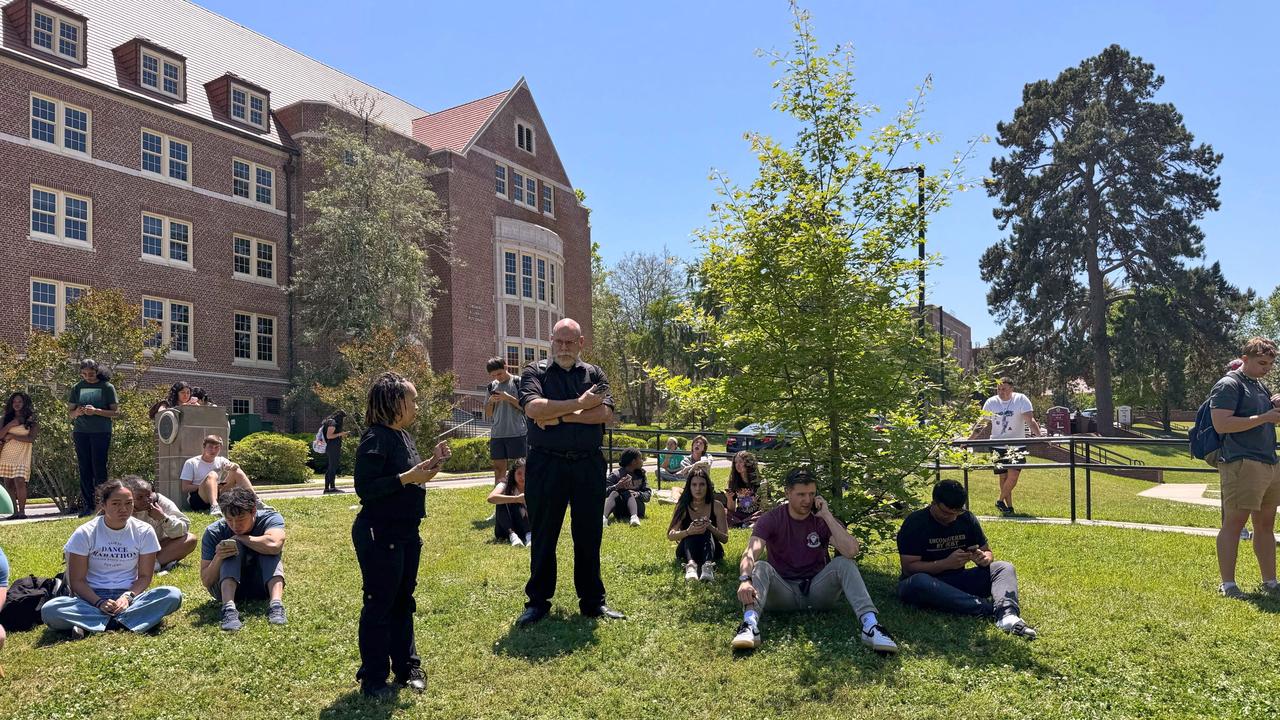Jake Sullivan says AUKUS critical to global security
National Security Adviser Jake Sullivan has promoted AUKUS as central to global security, and is urging Donald Trump to boost the US defence industrial base to deter international threats.

National Security Adviser Jake Sullivan has championed AUKUS as “one of the most ambitious defence projects in modern history,” and the linchpin of US efforts to build an “integrated defence industrial base for the free world.”
Mr Sullivan promoted AUKUS as one of the outstanding achievements of the Biden Administration, and a key piece of America’s global strategy to deter future conflicts in an era of growing strategic uncertainty.
In a message to Donald Trump, Mr Sullivan said it was imperative to strengthen the US defence industrial base to deter threats in Europe, the Middle East and Indo-Pacific arising from greater co-operation between China, Russia, North Korea and Iran.
This would require “not just more investment, but smarter investment, production, innovation and integration with allies.”
In comments that will be seen as a warning against any return to isolationism, Mr Sullivan said it was necessary for the US to “equip our partners when they come under attack.”
He urged the incoming administration to accelerate the production of critical munitions, vital air-defence capabilities and autonomous systems while pursuing major acquisition reform at the Department of Defence.
In a key speech at the Centre for Strategic and International Studies on Wednesday (Thursday AEDT), Mr Sullivan said the Biden administration had set about massively upgrading the US defence industrial base – a task made urgent by the outbreak of the Ukraine/Russian war which had revealed it was “not up to the task that we face in a new age of strategic competition.”

“We need to heed the maxim that industrial might is deterrence,” Mr Sullivan said.
While the Biden Administration had made major strides in strengthening America’s defence industrial base, Mr Sullivan said that “there is still so much work to do” and argued “this had to be a generational project.”
He also warned there were “immense” challenges in meeting US submarine production demand over the next 10 years – a problem that could have ramifications for Australia by derailing the delivery of at least three promised Virginia class submarines under the AUKUS framework.
Mr Sullivan said a three-pronged approach had been employed to revive the US defence industrial base.
The Biden Administration had boosted production of munitions and weapons systems, better leveraged innovative technologies and the power of the commercial sector and, finally, it had embarked on a new initiative to “build an integrated defence industrial base for the free world.”
Mr Sullivan framed AUKUS as the key centrepiece of this latter effort – not just in its delivery of a nuclear powered submarine capability for a key ally – but in the creation of opportunities for innovation and collaboration on “cutting edge technologies and advanced cyber, undersea capabilities, electronic warfare, Quantum, AI and hypersonics.”
He also opened the door to other nations joining in on AUKUS pillar 2 co-operation, declaring that “we do see other partners coming into work with us.”

“In the first year of our administration, we launched one of the most ambitious defence projects in modern history, the trilateral security partnership, AUKUS,” Mr Sullivan told the CSIS. “Under AUKUS, we joined forces with the UK and Australia to support Australia’s acquisition of a conventionally armed, nuclear powered submarine capability in ways that will strengthen our collective submarine industrial bases.”
Mr Sullivan said the trilateral AUKUS agreement between America, Australia and the UK had helped the US to “rethink our strategic technology controls to account for today’s realities.”
“The fact is, our non-proliferation and export control regimes, especially when it comes to allies, were formulated in a different era,” he said. “The risks were different. The nature of technology diffusion was different. These outdated restrictions have actually caused us to withhold critical technologies from close partners and close allies.”
“Without a significant change in the way we do business, our friends could be left behind as our adversaries march forward with deeper technology sharing among themselves. So we can’t let that happen.”
AUKUS had allowed the US to begin the “hard work of driving major reforms in our export control regime to strengthen co-operation with Australia and the UK.”
“Now our team is finalising a national security memorandum on missile technology exports to modernise our implementation of the MTCR, the Missile Technology Control Regime,” Mr Sullivan said.
In his speech, Mr Sullivan also sketched out what he described as the “immense” challenges still facing the American ship building supply chain – despite the significant investments made by the Biden Administration.
“To give you a sense of the scale of the problem, we need an additional 140,000 more skilled workers – 140,000 machinists, welders, pipe fitters, electricians than we currently have to meet submarine production demand over the next 10 years,” Mr Sullivan said.
“Now, we can’t fix four decades of challenges in four years. But we have surged to invest in our submarine industrial base with billions of dollars in new funding. We’re developing new suppliers across more than 30 states to reduce bottlenecks, expand the use of robotics and additive manufacturing, and upgrade and expand shipyards.”
Mr Sullivan said these investments would “leave the submarine industrial base in a stronger position” but was frank in acknowledging that more work was needed.
“We’re seeking more funds from Congress, especially for more manufacturing technology, for more infrastructure improvements and for wage increases to ensure we can retain the workers we have while we work to hire thousands more,” he said.
On China, Mr Sullivan said the US needed to take the “overall industrial base capacity of China very seriously.”
“God forbid, we end up in a full-scale war with the PRC,” he said. “But any war with a country like the PRC … is going to involve the exhaustion of munition stockpiles very rapidly.”
“So a big part of the answer to a healthy defence industrial base over time is the ability to regenerate – to surge, to build during a conflict, not just to build before to prepare for a conflict.”
“And that’s got to be a key lesson that we take away from what we’ve seen over the last three years on the battlefield in Ukraine.”




To join the conversation, please log in. Don't have an account? Register
Join the conversation, you are commenting as Logout